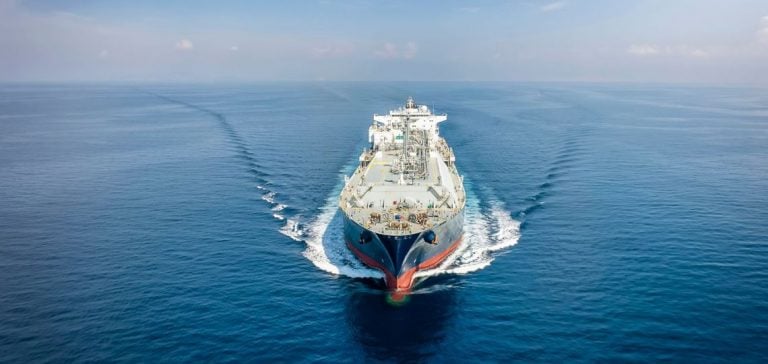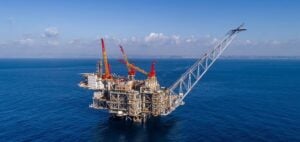LNG freight rates have experienced a significant decline, reaching multiyear lows in the week ending October 18. This decrease brings operational costs closer to critical thresholds, fueling a bleak outlook among market participants.
The absence of arbitrage opportunities and the contango situation have left rates unsupported, while unusually high temperatures compared to previous years have exacerbated the situation. High gas storage levels in Europe and Asia, coupled with subdued cargo demand and an oversupply of ships, have contributed to the depressed rate environment. Market participants express marked pessimism for the next two years, indicating that rates are unlikely to recover to the highs seen in 2022 anytime soon. This year markedly deviates from historical trends, where rates typically increased during this season.
Impact on the Atlantic and Pacific Basins
As of October 18, the Atlantic Basin saw day rates for Natural Gas Liquefied Freight Carriers (TFDE) dropping to $18,500/day, down from $130,000/day during the same period the previous year. In the Pacific Basin, TFDE ship prices fell to $29,000/day from $130,000/day a year earlier. The average rates for TFDE ships for October are the lowest since 2019.
Similarly, in the Atlantic Basin, two-stroke ships are priced at $28,500/day compared to $155,000/day a year earlier. Meanwhile, in the Pacific Basin, two-stroke ships decreased to $40,000/day from $170,000/day the previous year. These rates are the lowest since November 2022.
Market Activity and Outlook
Recent fixtures have reported rates between $20,000/day and $30,000/day, with activity particularly subdued in the East. The Atlantic Basin shows slightly more engagement, whereas the Pacific Basin remains largely inactive. A market participant mentioned that the lack of cargo tenders on the Free On Board (FOB) side indicates a challenging month ahead, with expectations for continued weakness into next year.
Excessive ship tonnage paired with delays in LNG projects is putting additional pressure on rates. One market participant remarked, “I didn’t expect such low rates – I thought we were already at the bottom – but apparently not.”
Consequences for the Industry and Investments
This decline in LNG freight rates has significant repercussions for the maritime industry and LNG investments. Higher operational costs are challenging shipping companies, thereby reducing the profitability of voyages. Additionally, investors’ reluctance to commit to new LNG projects could slow the sector’s future development, further exacerbating the current oversupply.
Expert Analysis and Future Perspectives
Market experts foresee a continuation of the downward trend in LNG freight rates. The combination of weakened global demand, abundant supply, and persistent logistical challenges suggests that rates will remain under pressure in the near future. Climatic fluctuations influencing seasonal demand and geopolitical dynamics will also continue to affect the LNG market.





















